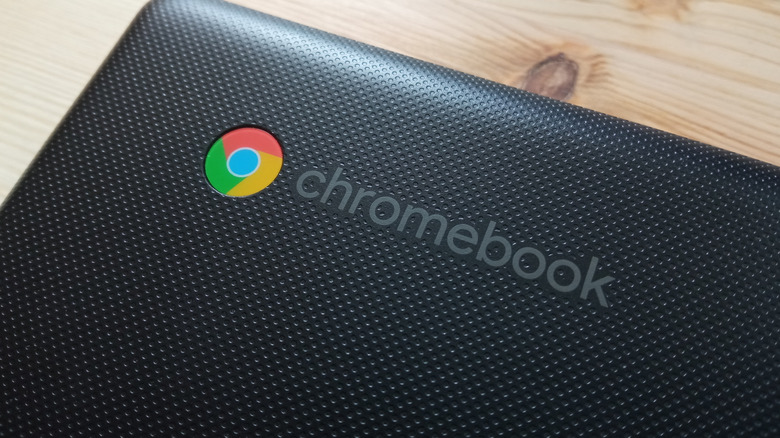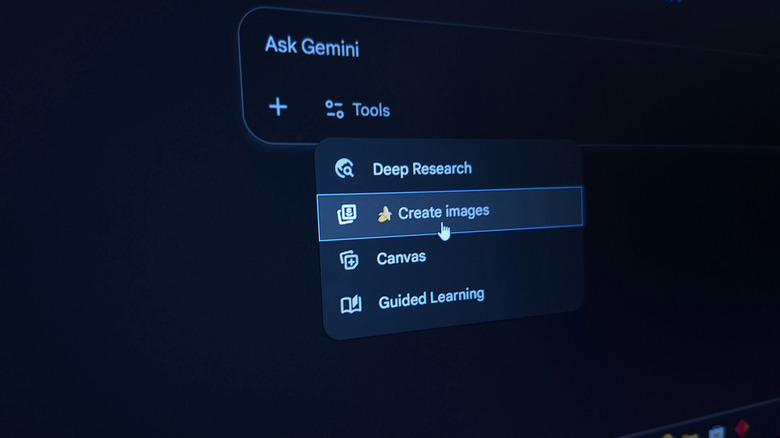Google's Aluminium OS Will Power Android-Based MacBook Pro Rivals
ChromeOS has been a very successful platform for Google, helping it secure a foothold in the laptop industry without competing at the premium end of the spectrum. Google positioned ChromeOS devices as affordable laptops ready to meet the needs of specific users, like the education sector. Google never attempted to create a PC experience to rival Windows or macOS, and it never looked to compete with premium devices like Apple's MacBook Air and MacBook Pro — product lines that most PC makers try to emulate or outclass.
But Google has more ambitious plans for its PC operating system now that AI is becoming the new paradigm of computing. The company wants to merge ChromeOS with Android into a new platform that's publicly referred to as Aluminium OS. This operating system will have AI at its core and run on multiple form factors created to serve multiple price points, including laptops that will compete against Apple's MacBooks.
These details come from a job listing Google posted two months ago, but which Android Authority discovered only recently. Google has been looking for a "Senior Product Manager, Android, Laptop and Tablets" role, but it's not taking any more applications at the time of writing.
Google's plans for Aluminium OS
Google has already confirmed plans to merge ChromeOS and Android. In July, Google's Sameer Samat, president of the Android ecosystem, said the company would combine the two platforms. In late September, Samat said during Qualcomm's Snapdragon Summit event that Google wanted to "accelerate all the AI advancements that we're doing on Android and bring that to the laptop form factor as rapidly as possible." He explained that Google is "taking the ChromeOS experience and re-baselining the technology underneath it on Android," teasing its arrival in 2026.
The Aluminium OS job listing Google posted a few months ago provides a few additional details about Google's plans for AI laptops, including a confirmation that Google is interested in Aluminium OS powering high-end devices. "The team is working on a new Aluminium, Android-based, operating system and a new focus on Premium devices and experiences. Aluminium is a new operating system built with Artificial Intelligence (AI) at the core," the job description reads.
Later in the job ad, Google mentions various form factors for ChromeOS and Aluminium OS, including "laptops, detachables, tablets, and boxes." Google also noted that it doesn't want to eliminate ChromeOS devices from its lineup initially. The various product tiers will include "Chromebook, Chromebook Plus, AL Entry, AL Mass Premium, and AL Premium," where AL is short for Aluminium OS. However, the senior product manager that Google will hire will eventually help "transit Google from ChromeOS to Aluminium with business continuity in the future."
Why is AI on laptops so important?
Google's plans make sense considering that Apple has been positioning its latest M4 and M5 MacBooks as AI-ready devices. Separately, Microsoft is building Copilot features into Windows. While Google's AI advancements on mobile are notable, compared with Apple and Microsoft, ChromeOS is not suitable for offering high-end Gemini experiences.
One can run Gemini on any computer with an internet browser, but the future of AI will bring more agentic AI behavior and the ability for AI chatbots to control apps and, perhaps, the entire operating system on behalf of the user. Google would need access to a different PC operating system for that. It would also need to support high-end products that entice consumers.
With that in mind, it's probably only a matter of time until Google designs its own Aluminium OS hardware, including laptops and desktops, to showcase the Gemini capabilities it will create for laptops and tablets. Google is taking a similar approach to extended reality computing experiences. Android XR, with Gemini at the core, has been developed for smart glasses and spatial computers like Apple's Vision Pro.


